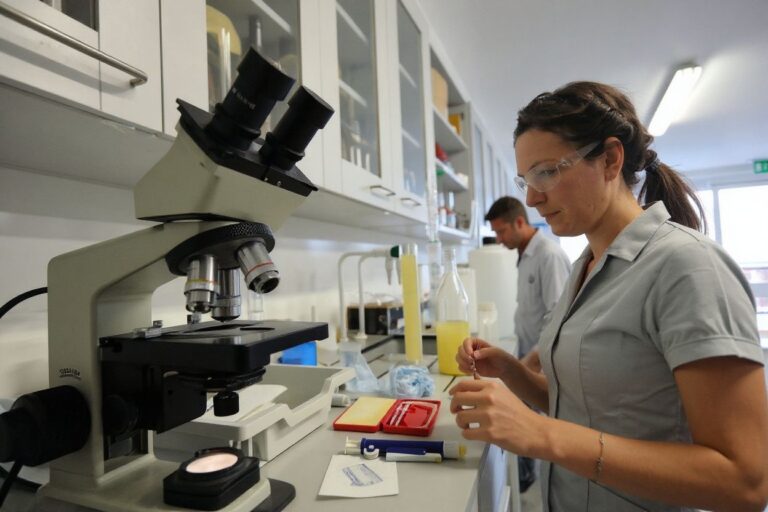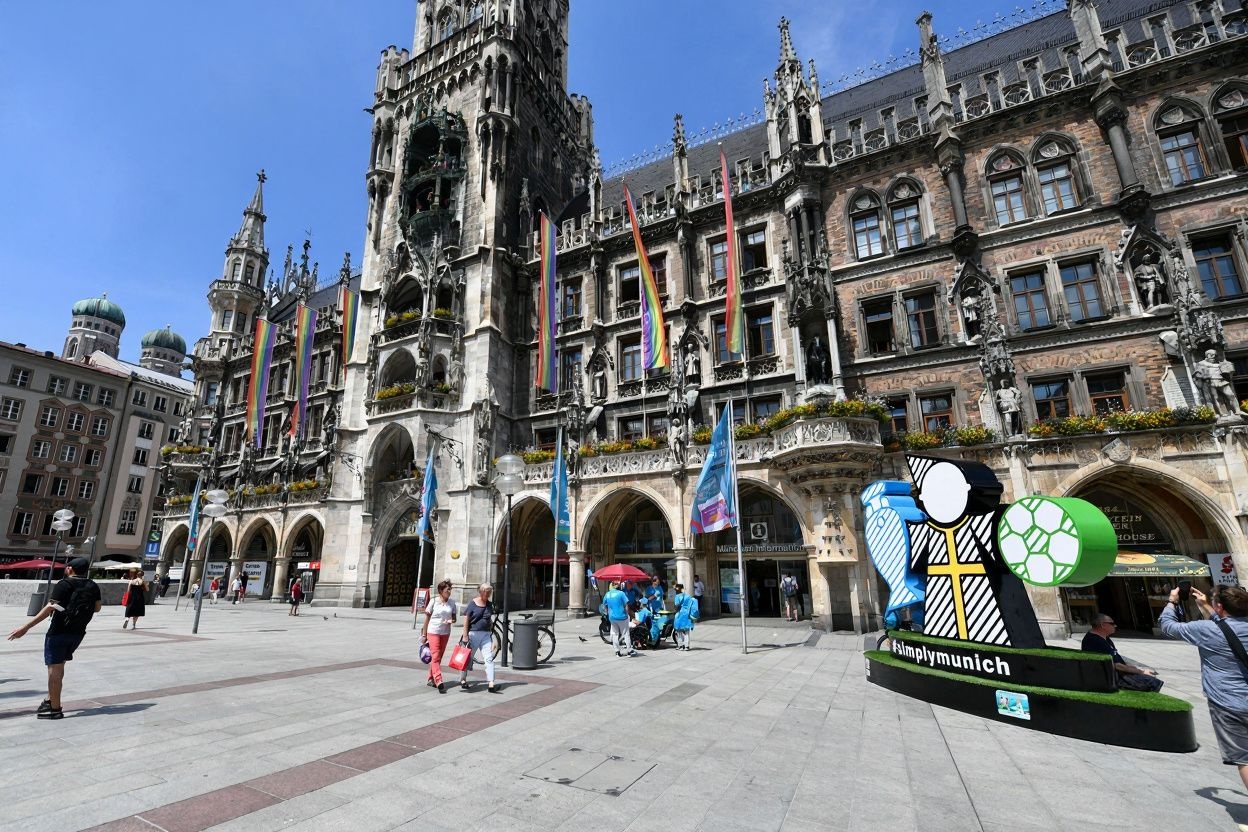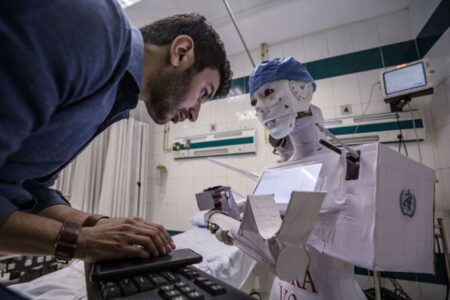
Looking for a summer internship opportunity in Europe? If you’re a student of life sciences, Germany could be your destination this year.
Based in Martinsried at Munich, the fully-funded Max Planck Summer Internship Programme (MaxSIP) is offered yearly in one of the labs at the Max Planck Institute of Neurobiology and the Max Planck Institute of Biochemistry.
📢 Registration is open for our summer internship program together with @MPI_Biochem. Apply now and spend the summer in one of our labs in Munich: https://t.co/Mdz2hbkut8 #internship #neuroscience #undergrad pic.twitter.com/EDduWpxyW9
— MPI for Biological Intelligence (in foundation) (@MPIforBI) January 3, 2022
For budding scientists, this summer internship is the perfect springboard for a thriving career in research. Named after the Nobel Prize-winning physicist, the programme aims to equip interns with a wide range of research knowledge early in their career.
Here\’s what you need to know about how you can apply for the internship:
Max Planck Summer Internship 2022: When is the application deadline?
Applications are open as of Jan. 1, 2022 and will close on the midnight of Feb. 15, 2022 (Central European Time). Keep in mind that you need to set up an account in the application portal, and the registration date closes on Feb. 10, 2022.
Who can apply for the internship?
The internship is open to international students from all over the world who are involved in the field of biology, chemistry, computational biology, biophysics, neuroscience, and other related fields.
Undergraduate students can apply from their second year onwards, and master’s students with prior research experience are eligible for the internship too. You must be enrolled in university during the internship period, or will have completed your degree in 2022.
How much is covered under the internship?
Applicants will be pleased to know that this is a fully-funded internship opportunity. You will receive free accommodation throughout their programme and a monthly allowance of approximately 800 Euros. Your travel costs to and from Martinsried will also be reimbursed.
How long is the summer internship?
In this fully-immersive programme, students will work full-time for up to 10 weeks in one of the Institute’s labs. The internship will commence in the middle of June, and will last until the end of September. The exact timeframe of the internship will be mutually agreed between the host lab and the student.
 Successful applicants will spend 10 weeks doing research in Munich, which will be fully-funded.
Successful applicants will spend 10 weeks doing research in Munich, which will be fully-funded.
What do I need to submit for the application?
Since this is a research position, you will need to submit a number of documents to prove your eligibility. The documents may be in English or German, and you will receive a confirmation email once your application is complete.
According to the programme website, you will need to provide:
- A PDF version of your Curriculum Vitae, two pages maximum
- Academic transcripts (applicable to current students and graduates)
- Certificates for all completed degrees (if applicable)
- Pre-university certificates (high school diplomas or equivalent)
- Letter of recommendation from one referee
- Motivation letter, which must be typed directly on the application portal
- English-language certificates such as IELTS or TOEFL if you’re academic training was not done in English or German
Sounds good, but how do I choose a referee?
When you fill in your details at the online application portal, you will need to name one referee who will provide you with a letter of recommendation. The website advises applicants to contact referees directly beforehand, as an email invitation will be sent to them directly once their names are listed in the portal.
The letter of recommendation must be submitted together with all other documents before the deadline, and any applications without it will not be processed. Make sure your referee knows about this ahead, so your letter can be prepared in time. You will receive a confirmation email once your referee uploads the letter to the portal.
How hard is it to land the internship?
Since this is a coveted summer internship that covers your expenses in Germany, the competition is stiff. To give you a clearer picture of what you’re up against, only 17 candidates were successful out of more than 4,000 applicants last year. So you definitely want to get your gear running if you fit the criteria.
To help you gauge your prospects, the Max Planck Institutes have outlined seven questions for self-assessment to determine if your profile is competitive enough among the application pool. Ideally, you should be able to answer all the questions with a “yes” to at least get past the first stage of selection.










